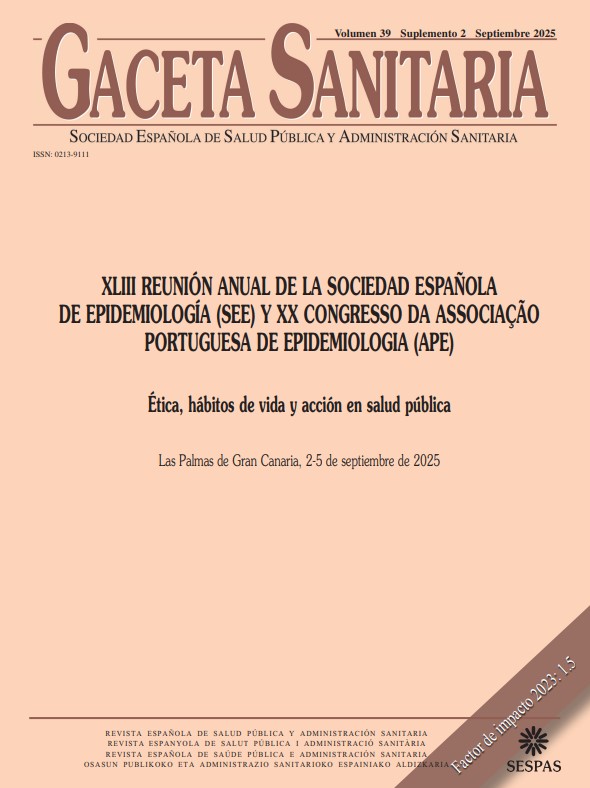440 - EXPLORING THE IMPLEMENTATION OF GREEN CARE TO SUPPORT MENTAL HEALTH IN BARCELONA PROVINCE
ICTA-UAB.
Background/Objectives: The province of Barcelona, Spain’s second most populous, consists of 311 municipalities, many among Europe's most densely populated. Spain’s decentralized governance grants control over regional policies, including healthcare and environmental regulation. The public Catalan healthcare system operates autonomously, aligning with national policies. Green care—nature in everyday life (NEL), nature-based health promotion (NBP), and nature-based therapies (NBT)—show promise for mental health and wellbeing but is inconsistently integrated into public health. This study explores the current status of green care in Barcelona province within the Horizon Europe GreenME Project. It assesses integration into regional and local policies, legislation, and programs, as well as its role in public healthcare and its support for mental health and well-being equity. It identifies key strengths, weaknesses, opportunities, and challenges for improved implementation.
Methods: A qualitative analysis of 127 grey literature documents and 15 stakeholder interviews was conducted. The literature review assessed laws, planning documents, and initiatives influencing green and blue spaces (GBS) and nature-based mental health approaches. It covered sectors like land-use planning, nature conservation, healthcare, or climate change. Using the READ approach, the research focused on documents endorsed by public authorities or major NGOs. Interviews provided further insights into integration challenges and opportunities.
Results: Findings show that Barcelona province lacks a unified green care framework, limiting benefits for mental health and wellbeing. Despite a strong conservation tradition, GBS are unevenly distributed. Though nature’s health benefits are increasingly recognized, challenges like financial constraints, fragmented governance, and urban planning priorities persist. NBP faces obstacles such as limited resources and unclear guidelines. NBT remains minimally integrated into the public healthcare system. Structural barriers and ecological concerns threaten sustainability.
Conclusions/Recommendations: Green care in Barcelona province has strong potential but remains fragmented within public policies. NBT interventions are expanding but not yet integrated into healthcare. The province’s environmental history and growing interest in nature-health policies offer opportunities. To maximize impact, addressing policy gaps, securing funding, and promoting interdisciplinary collaboration is essential. Future research should focus on sustainable models and a transdisciplinary nature-health approach.
Funding: EU’s Horizon Europe (Grant No. 101084198), UKRI (Project Ref. 10082340), and Spanish Ministry of Science, Innovation and Universities through Juan de la Cierva (Ref. JDC2022-048788-I).















